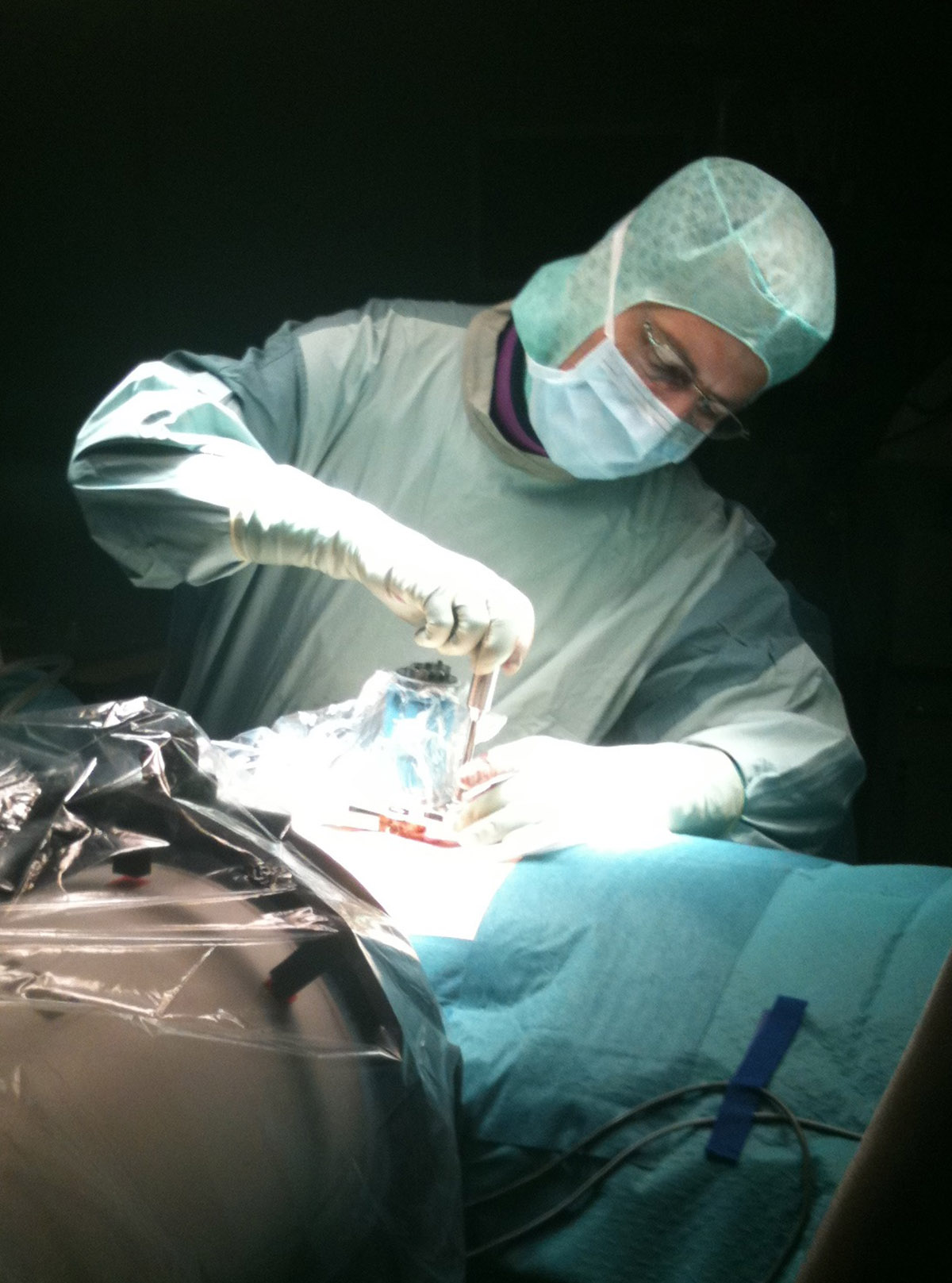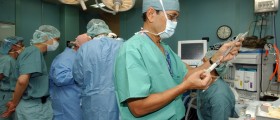
There is always a chance of complications with surgery, especially with the back, since it is so delicate. It is delicate because all the surgery that takes place on the back happens very close to the spinal cord. With one wrong move, the surgeon can do permanent damage to nervous that can in the worst case scenario even result in paralysis.
This is why it is always good to weight all of the options before deciding on a surgical procedure to cure back problems. It is usually a better idea to be operated on, if possible, under a local anesthetic because it allows for the surgery to be done very close to the spine with less risk of paralysis.
Often a surgeon will tell the patient during the surgery to move another part of their body, such as the feet, just to make sure everything is all right. When a person is completely asleep during surgery, it means that general anesthetics have been used. General anesthetics are more risky. Some people are prone to allergic reactions from them. They can also cause lung problems and lead to infections of the pulmonary system.
General anesthetics also increase the risks of a heart attack, stroke or embolism. One of the most common back surgery complications is infection. The skin could get infected or in some cases the infection could occur deeper inside the body. If an infection occurs near the spin canal, it could lead to death. There is also a risk of a dural tear near the spinal cord, which could cause spinal fluid to leak.
If the membrane surrounding the spinal cord is ruptured, fluid will leak from it. There is a heightened risk of headaches, fluid infection and even spinal meningitis. Another possible complication is nerve damage, which can decrease nerve signals and affect a person’s movement and sensation. In severe nerve damage, the patient can be paralyzed or even die.
Paralysis occurs when a spinal cord injury or infection is caused by surgery. Even though this is a rare complication, it is still a risk whenever a surgeon is operating close to the spine. Blood loss is another major possible complication. In a frontal incision, there are a lot of blood vessels that need to be moved out of the way in order to reach the spine. Some surgeries, like those for scoliosis, actually require a lot of blood loss in order to be successful.







-Causes,-Symptoms,-Diagnosis,-Treatment_f_280x120.jpg)









Your thoughts on this
Loading...